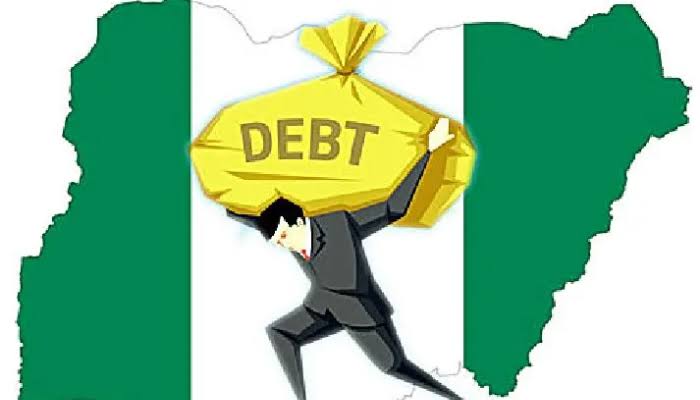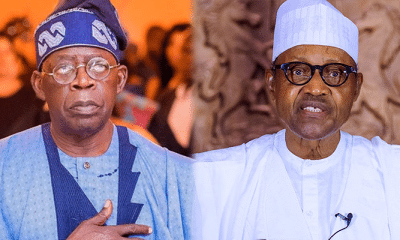Business
Nigeria’s Rising Debt Profile Worrisome – CBN

The Monetary Policy Committee of the Central Bank of Nigeria (CBN) has lamented the nation’s rising debt profile and charged President Muhammadu Buhari‘s led government to immediately diversify revenue sources through various initiatives.
The apex bank in a document entitled ‘Central Bank of Nigeria Communiqué No. 143 of the Monetary Policy Committee Meeting Held on Monday 18th and Tuesday 19th July 2022′, expressed worries about the nation’s debt sustainability in light of current global uncertainties.
Naija News reports that the document available on the CBN’s website pointed out records of the Debt Management Office which explained that Nigeria’s total public debt stock had risen to N41.60tn in the first quarter of 2022.
The document highlighted that Nigeria splashed 86 per cent of its revenue on servicing debt in 2021.
It stated, “The committee noted the Federal Government’s increasing debt profile and expressed concerns over debt sustainability given that global uncertainties remain elevated.
“The MPC thus reiterated its call to the Federal Government to urgently diversify its revenue sources through various initiatives, such as, the development of a viable tax framework for the extractive and mineral export industries, to strengthen its fiscal buffers.”
Recently, the International Monetary Fund projected that the Federal Government might spend more revenue on the payment of debt interests in 2022.
It said this in its ‘Nigeria Staff Report for the 2021 Article IV Consultation’ report.
It stated, “Although interest payments were only two per cent of GDP in 2020, about 89 per cent of Federal Government revenues were absorbed by interest payments, reflecting poor domestic revenue mobilisation capacity.
“The FG interest-to-revenue ratio is expected to slightly decline to around 86 per cent in 2021 and rise steadily to reach 139 per cent by 2026. High interest-to-revenue ratio puts fiscal space at risk and makes financing of current and capital spending highly dependent on debt financing.”
Meanwhile, the Washington-based lender, higher debt service to government revenues (through higher interest rates and/or increased borrowing) pose risks to fiscal sustainability in the nation.












